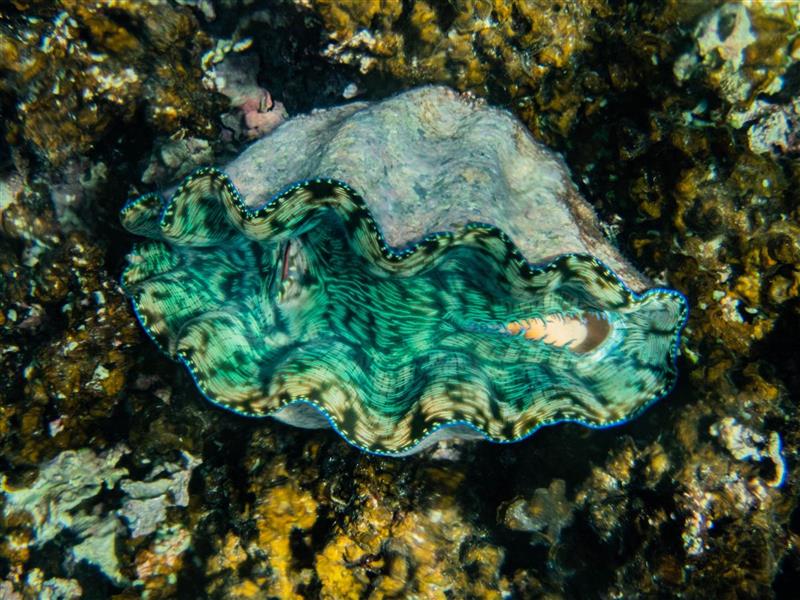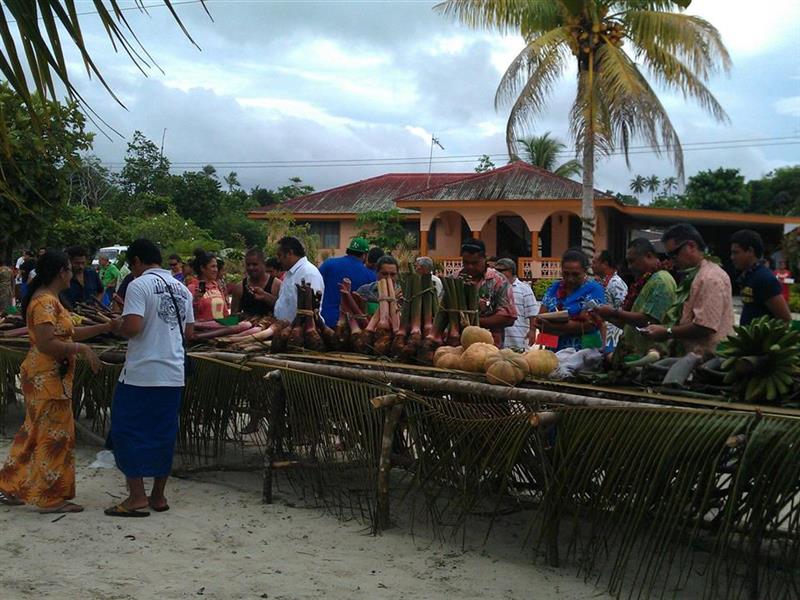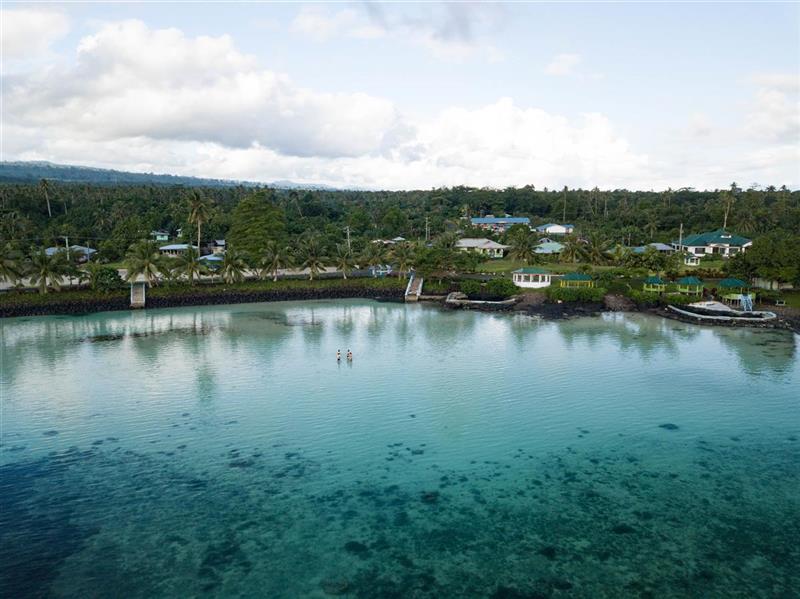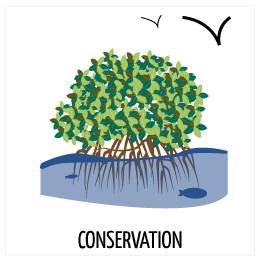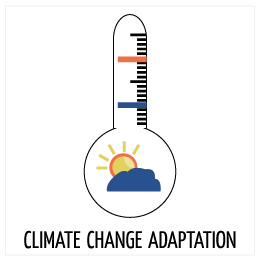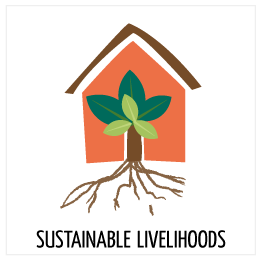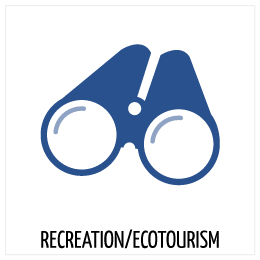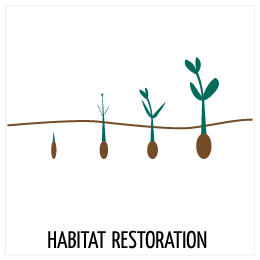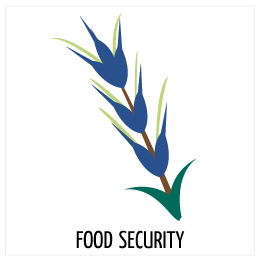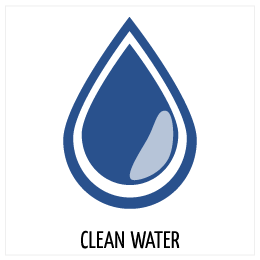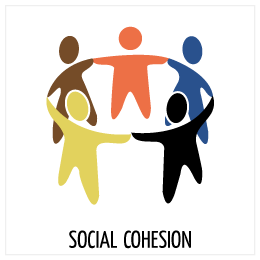Over the last decades, the low-lying coastal village of Savaia has been heavily affected by the impacts of climate change. Cyclones and storms have led to coastal erosion, loss of houses, while severely damaging the coral reefs in the lagoon as well as food crops on land and degrading freshwater springs. Over the years, the village has focused on strenghtening community resilience as an integrated response to these challenges by initiating several initiatives; the Talomua programme encourages farmers to plant a diversity of climate-resilient crops to ensure food security in the village, the freshwater springs have been restored as well as the coastal vegetation to combat erosion, a Marine Reserve was created in the Savaia bay to allow the marine ecosystem to recover and hereby ensuring healthier fish stocks, while also reintroducing endangered mollusk species and promoting ecotourism in the lagoon. The eco-tourism revenues go into a local fund that supports activities to the benefit of the whole community. Savaia's integrated climate adaptation approach is already seen as a model to be replicated more widely.
When: Since 2000
Who: The community of Savaia, lead by the Village Council and supported by the Government and donors.
How: Reversing negative trends into positive action:
- Creation of a village-based, owned and operated marine protected area in order to replenish, restore and protect marine resources and to ensure future of fisheries
- Reintroduction of giant clam in the marine reserve
- Planting of coastal vegetation to create a natural protective barrier
- Rehabilitation of fresh water springs to secure drinking water access
- Run the Talomua village programme consisting of planting efforts to provide food security.
- Creation of income generating activities through ecotourism by charging a visitor's fee to snorkel in the lagoon, by selling handicrafts made by woman’s association and by employing young ecotour guides
Impact:
Benefits for nature:
- Management plan for marine reserve and expansion of the reserve
- 100% recovery of coral, 70% coral cover and return of keystone species, spill over effect in nearby areas of the lagoon
- Currently a population of over 70 giant clams in the reserve
- Coastal vegetation restored
Benefits for communities:
- Income generating activity (ecotourism fee, youth guides, woman handicraft association)
- Securing sustainable livelihoods (local fisheries)
- Securing several important ecosystem services: food and water security, coastal protection
Elements of success: Strong village decision-making body, step by step approach, supportive partnerships (donors, governments), participatory approach
Remaining challenges: Balancing rising economic needs against sustainable management of village resources.
Sustainability: The Talomua Programme has been running for 20 year and the Marine Reserve is operational since 2005. The ecotourism fund is allocated to benefits for the wider community.
More info: Document, Website, Facebook
Contacts: Tusanilefaiaao Iosefatu Reti
